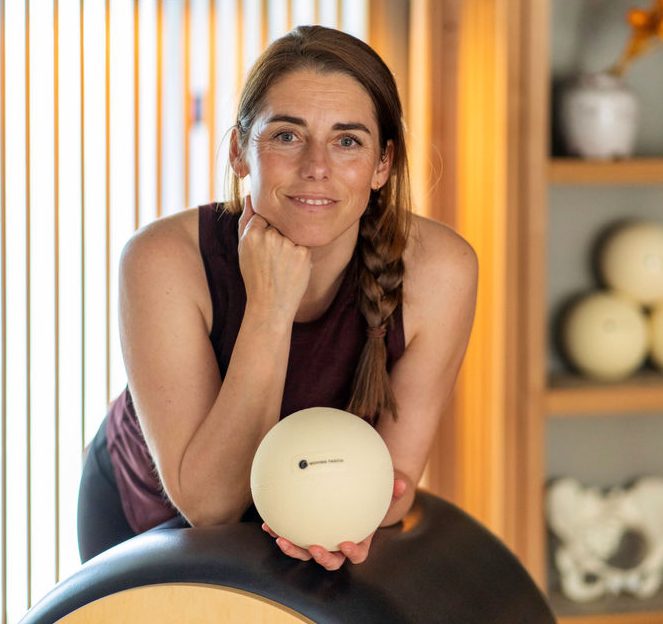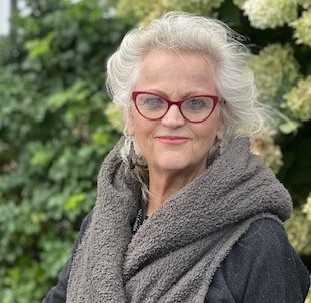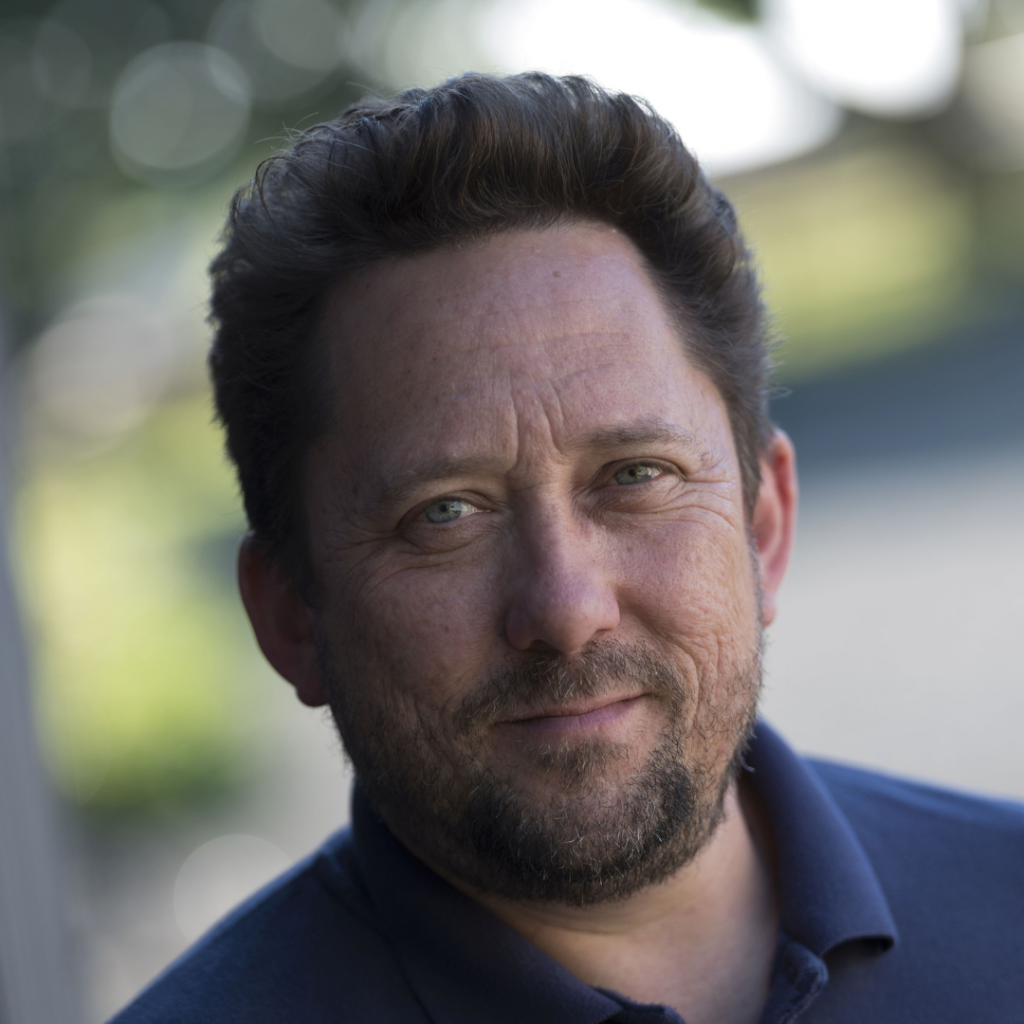Monthly Member Webinar – Thursday 22nd May 2025
Monthly Member Webinar – Thursday 22nd May 2025 Practical details Date: Thursday 22nd May 2025 Time: 19.00 – 20.00 UK time. Check your timezone here Presenter(s):Lisa Babiuk and Wilbour Kelsick Title: Beyond Fascia – Biotensegrity and Sport Once you have registered, you will receive an email with the zoom link. You will also get a…
Fascia and Resonance: Exploring the Threshold Between Self and Environment
By Ana Barretxeguren Bring yourself back to a moment when something resonated deeply, a sound that lingered in your chest, a place that felt like home, or a face that brought warmth to your whole body. Resonance goes beyond simple vibration; it happens when we meet a frequency to which we are aligned, this alignment…
Monthly Member Webinar – Thursday 24th April 2025
Monthly Member Webinar – Thursday 24th April 2025 Practical details Date: Thursday 24th April 2025 Time: 19.00 – 20.00 UK time. Check your timezone here Presenter(s): Yasmin Lambat Title: Fascia and Hydration: Restoring Fluidity, Releasing Stress, and Supporting Whole-Body Wellbeing Once you have registered, you will receive an email with the zoom link. You will…
Monthly Member Webinar – Thursday 20th March 2025
Monthly Member Webinar – Thursday 20th March 2025 Practical details Date: Thursday 20th March 2025 Time: 19.00 – 20.00 UK time. Check your timezone here Presenter(s): Ana Barretxeguren Title: The Abdominal Root of Breath: Exploring the Resonant Core through Psoas, Diaphragm, and the Mesentery This is a webinar free to Fascia Hub members and can…
The Potential of Sounding and Movement: adapting a movement-sonification approach to enhance body-awareness
by Elizabeth Dare Andes On the movement of octopuses, Emilie Conrad writes: “I WANT TO MOVE LIKE THAT! Who wouldn’t want to have the extraordinary ability to shift their molecular structure and keep inventing themselves on an ongoing basis? Talk about creativity!… Without my experiences with sound I would never have thought of this nor…
Monthly Member Webinar – Thursday 20th February 2025
Monthly Member Webinar – Thursday 20th February 2025 Practical details Date: Thursday 20th February 2025 Time: 19.00 – 20.00 UK time. Check your timezone here Presenter(s): Gus de la Querra Title: Harmony Within: The Tongue, Vagus Nerve, and Voice as Gateways to Calm Once you have registered, you will receive an email with the zoom…
Cultivating the Abundance Mindset as the Key to Unlocking Your Success in 2025
by Angelika Nowak As a fascia specialist, a therapist or a movement practitioner, your work has immense value to your clients, it can transform their lives and open new opportunities for them. Yet, as a business owner, focusing on making a difference to the members of your community, you may struggle to achieve your business…
Elevate Your Health: The Art of Myofascial Self-Care
By Magdalena Regdos, RMT As the sun rises over Sedona’s Red Rocks, a golden glow illuminates the majestic cliffs, their red surfaces shaped by centuries of wind and water. These rocks are a beautiful metaphor for our bodies. Like them, we are sculpted by life’s experiences—the beautiful and the painful. Trauma, whether physical, mental, or…
Monthly Member Webinar – Thursday 23rd January 2025
Monthly Member Webinar – Thursday 23rd January 2025 Practical details Date: Thursday 23rd January 2025 Time: 19.00 – 20.00 UK time. Check your timezone here Presenter(s): Angelika Nowak & Jan Trewartha Title: Abundance and self-value: A discussion around giving and receiving in our personal and working lives Once you have registered, you will receive an email…
A seasonal gift webinar open to all: The Power of Breath: Cultivating Resilience
Seasonal Gift Webinar Every year we open our monthly members-only webinar up, welcoming everyone for our festive season gift to you. Please join us for a nurturing session to support you at this busy time. Practical details Date: Sunday 1st December Time: 17.00 – 18.30 UK time. Check your timezone here Presenter: Ana Barretxeguren Title:…








